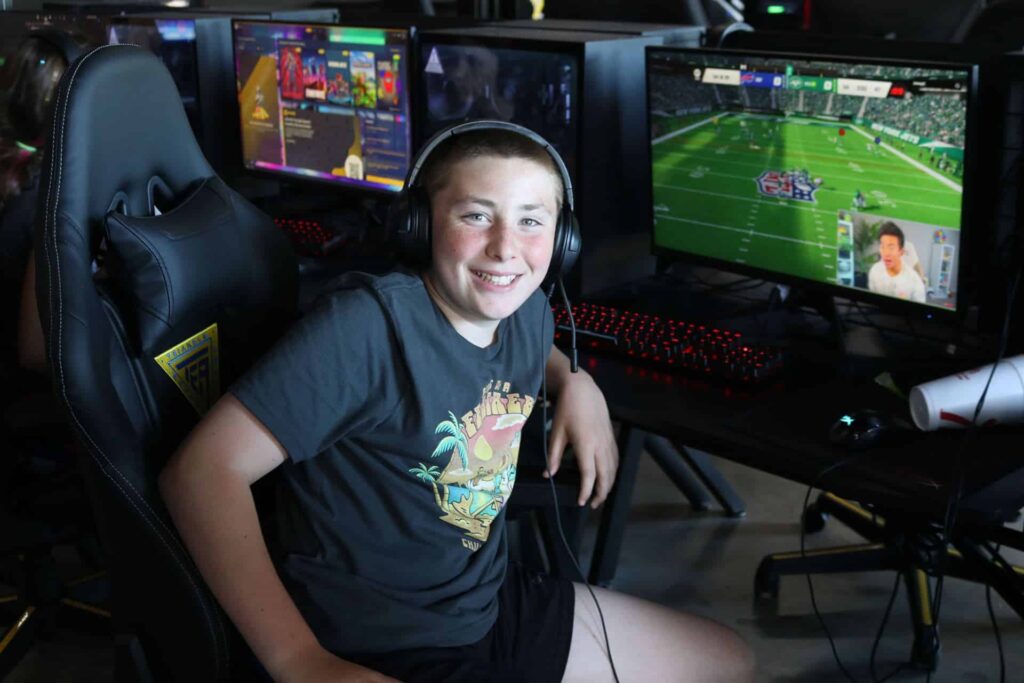The Raleigh-Durham area is well-positioned to become an esports hub, as I discussed in my January 2023 blog post. However, one issue remains: North Carolina’s public education system, particularly Wake County Public Schools, has failed to provide students with the technological foundation that corporations seek.
Their attempts at addressing the issue have been ineffective, resulting in a workforce that lacks critical tech skills. This failure in workforce development is a major reason why North Carolina has struggled to attract corporate offices, regional branches, and headquarters. Without a strong tech talent pipeline, the state’s economic growth is at risk.
The Challenge of Esports Engagement
Growing up playing soccer, most of my teammates and I were first-generation players. Our parents supported soccer because it was a physical activity with moderate injury risks, and they could see it firsthand—at practices, games, and even local college or pro matches. The Triangle had the advantage of three ACC schools—Duke, NC State, and UNC—as well as a professional soccer team, the Carolina Railhawks. Watching live games was easy, affordable ($5–10 tickets), and only required a few hours.
Esports, by contrast, has several barriers to community engagement:
- Lack of In-Person Events – Most competitions are online, and in-person events are rare.
- High Costs – Attending major esports tournaments is expensive.
- Time Commitment – These events often take an entire weekend.
While Raleigh has hosted seven major esports tournaments since 2019 (Rainbow 6: Siege, Apex Legends, Fortnite, Call of Duty, League of Legends, with Dota 2 and Rocket League coming soon), there has been no consistency. Unlike traditional sports, there’s no way for local fans to watch teams play regularly. Studies show that major esports events don’t build local gaming communities unless they are leveraged to support smaller, grassroots initiatives.
How Esports Can Build a Stronger Community
Traditional sports thrive because people can regularly watch, support, and interact with teams. Esports has the potential to do the same if organizations shift their approach. Instead of focusing solely on winning at the highest level, esports teams should prioritize community-building. The key to driving sponsorships, merchandise sales, and ticket revenue isn’t just about having a winning team—it’s about creating a connection with the local audience.
Here’s how esports can foster deeper engagement:
- Build relationships with K-12 schools and colleges – Host workshops, school competitions, and training sessions.
- Attend and support local gaming events – Participate in Twitch meetups, comicons, and gaming expos.
- Create local esports events beyond major tournaments – Weekly or monthly in-person competitions where people can see and support teams in real life.
- Develop local team identities – Community pride isn’t just about having the best team—it’s about knowing the players and feeling invested in their success.
Esports has the opportunity to grow into a thriving, community-driven industry. But to do so, it must move beyond online-only events and create physical, real-world experiences—just like traditional sports have mastered for decades.

